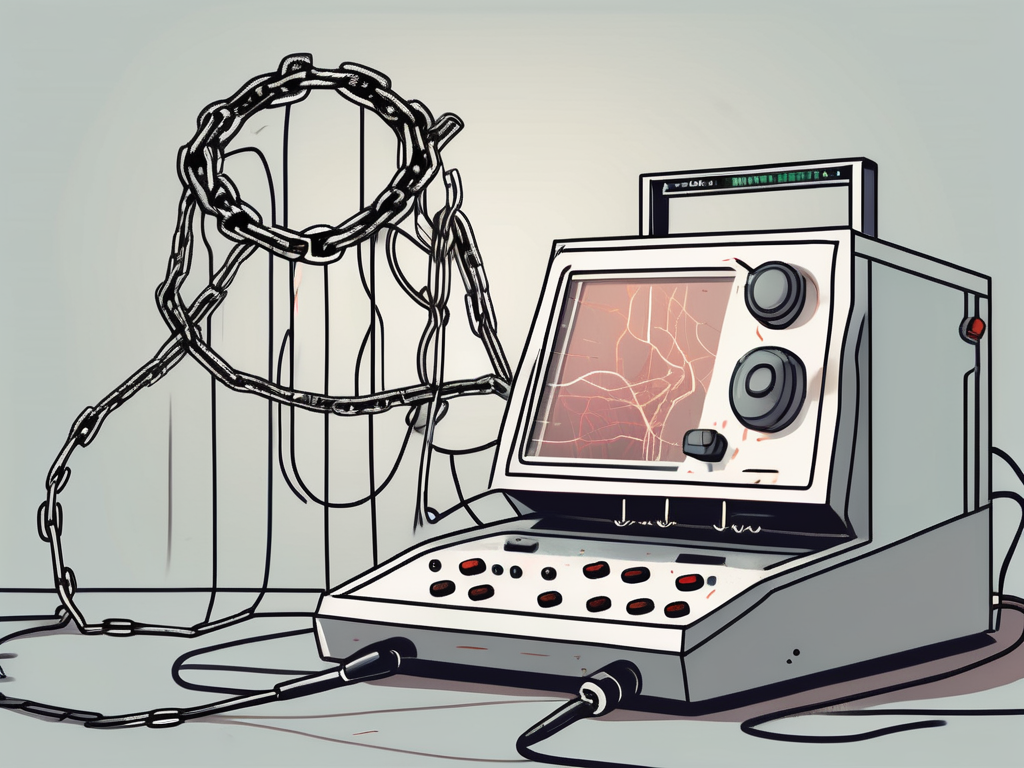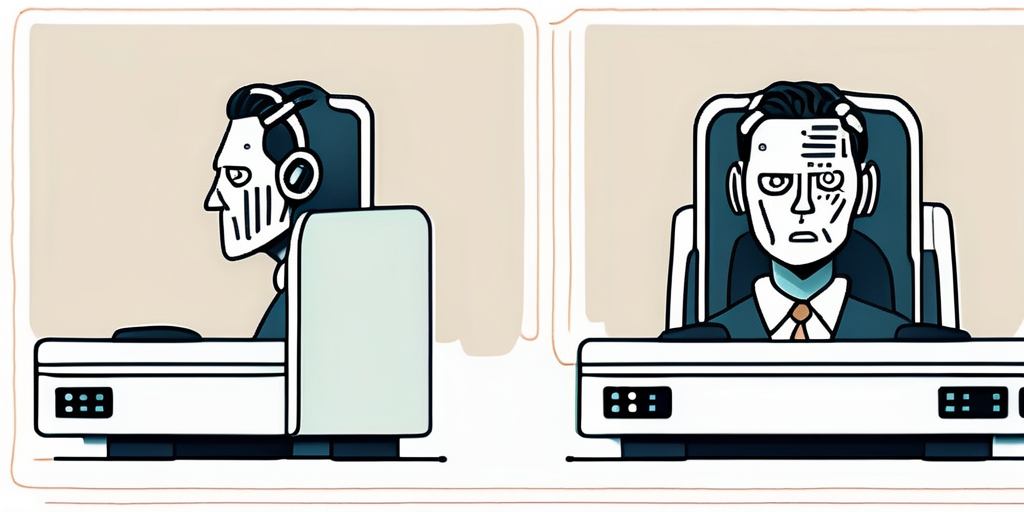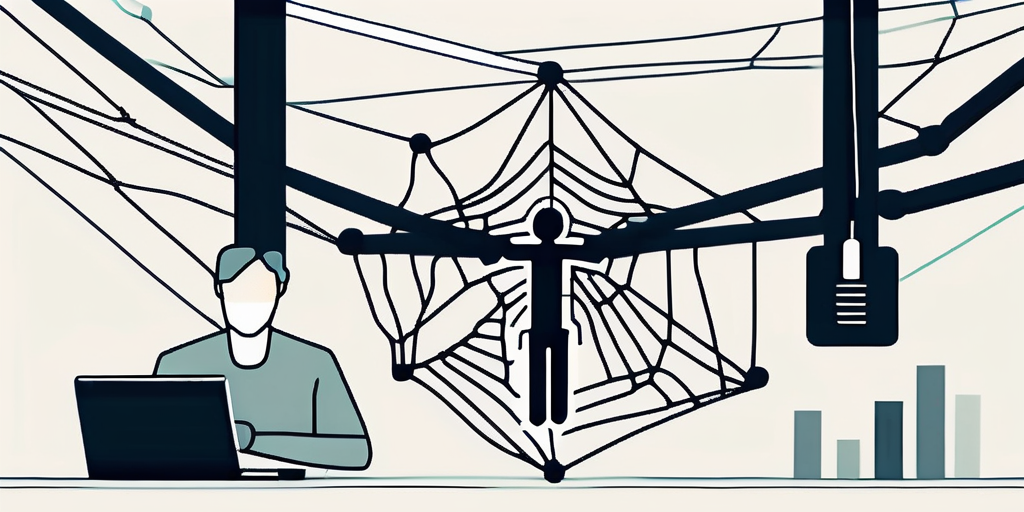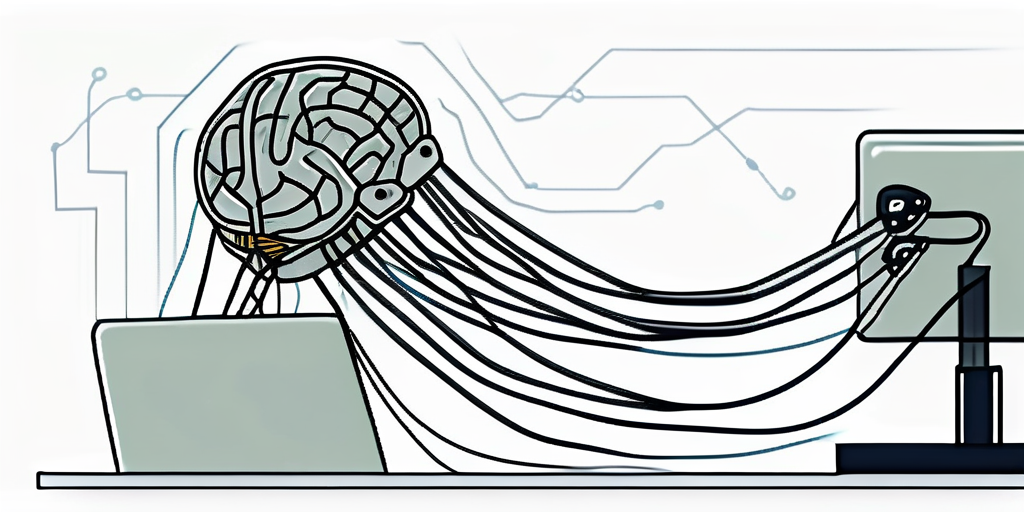Pathological lying is a complex behavior that challenges the accuracy of lie detector tests. These individuals possess a compulsive need to exaggerate, manipulate, and deceive others. Understanding the nature of pathological lying is crucial in evaluating its potential impact on the reliability of lie detector tests.

Understanding Pathological Lying
Pathological lying goes beyond ordinary dishonesty. It is a compulsive behavior driven by deep-rooted psychological factors. Pathological liars fabricate stories and distort the truth without any apparent reason or gain. This behavior can cause significant harm to their personal relationships and even their own psychological well-being.
Psychologists have identified several factors that contribute to the development of pathological lying. These include a desire for attention, a need to feel superior or important, a lack of empathy, and an impaired ability to distinguish between reality and fantasy.
One of the key aspects of pathological lying is the desire for attention. Pathological liars often feel a constant need to be the center of attention and will go to great lengths to achieve this. They may create elaborate stories or exaggerate their accomplishments in order to gain the attention and admiration of others. This need for attention can stem from deep-seated insecurities or a lack of self-esteem, causing the individual to seek validation from others through their lies.
Another contributing factor to pathological lying is the need to feel superior or important. Pathological liars may feel inadequate or inferior in certain areas of their lives, and lying becomes a way for them to compensate for these feelings. By fabricating stories or exaggerating their achievements, they can create a false sense of superiority and boost their self-esteem. However, this behavior is ultimately self-destructive, as it prevents them from developing genuine connections with others and hinders their personal growth.
A lack of empathy is also commonly associated with pathological lying. Pathological liars often have difficulty understanding or relating to the emotions of others. This lack of empathy allows them to manipulate and deceive without feeling remorse or guilt. They may exploit the trust of their loved ones and disregard the consequences of their actions, causing significant harm to their relationships and damaging the trust that others have placed in them.
Furthermore, individuals who engage in pathological lying often struggle to distinguish between reality and fantasy. They may become so entangled in their own web of lies that they lose touch with what is real and what is fabricated. This blurred line between truth and fiction can lead to a distorted perception of reality, making it increasingly difficult for them to maintain authentic relationships and navigate the complexities of everyday life.
In conclusion, pathological lying is a complex behavior driven by various psychological factors. The desire for attention, the need to feel superior, a lack of empathy, and an impaired ability to distinguish between reality and fantasy all contribute to the development and perpetuation of this harmful behavior. Understanding the underlying causes of pathological lying is crucial in order to provide appropriate support and intervention for individuals struggling with this issue.
The Accuracy of Lie Detector Tests and Pathological Liars
Lie detector tests, also known as polygraph tests, aim to detect physiological changes associated with deception. These tests measure various physiological responses, such as heart rate, blood pressure, and sweating, which may indicate the presence of stress or anxiety.
However, lie detector tests have limitations when it comes to detecting deception in pathological liars. Pathological liars often exhibit minimal physiological responses, as they are skilled at suppressing emotional reactions. This ability can potentially undermine the accuracy of lie detector results, making it challenging to differentiate truth from deception.
Understanding the complexities of pathological lying is crucial in comprehending the limitations of lie detector tests. Pathological liars are individuals who habitually lie, often without any apparent reason or benefit. They weave intricate webs of falsehoods, effortlessly deceiving those around them. This behavior stems from a psychological condition known as pseudologia fantastica, where lying becomes a compulsive and uncontrollable behavior.
Pathological liars possess a unique ability to manipulate their emotions, allowing them to remain calm and composed even when fabricating elaborate lies. This emotional detachment enables them to bypass the physiological responses that lie detector tests rely on. While the average person may experience increased heart rate or sweating when lying, pathological liars can maintain a poker face, making it difficult for polygraph examiners to accurately detect deception.
Moreover, pathological liars often possess an uncanny ability to convince themselves of their own lies. They become so entangled in their fabricated narratives that their brain genuinely believes the falsehoods they are spreading. This self-deception further complicates the accuracy of lie detector tests, as the physiological responses associated with lying may not manifest in individuals who genuinely believe their own lies.
Despite these challenges, researchers and experts continue to explore alternative methods for detecting deception in pathological liars. Some studies have focused on neuroimaging techniques, such as functional magnetic resonance imaging (fMRI), to observe brain activity patterns associated with deception. By examining the neural correlates of lying, researchers hope to develop more reliable and accurate methods for identifying deception, even in individuals who excel at evading traditional lie detector tests.
In conclusion, while lie detector tests can be effective in detecting deception in many cases, they have limitations when it comes to pathological liars. The ability of pathological liars to suppress emotional responses and convince themselves of their own lies poses significant challenges for polygraph examiners. As researchers delve deeper into the complexities of pathological lying, new techniques and technologies may emerge, offering more accurate and reliable methods for identifying deception.
Exploring the Techniques Pathological Liars Use to Manipulate Lie Detector Tests
Pathological liars employ various techniques to deceive lie detectors. One common strategy is to remain calm and composed throughout the test, suppressing any signs of anxiety that would typically be detected by the polygraph. They may also intentionally manipulate their breathing patterns or engage in mental distraction techniques to alter physiological responses.

Additionally, pathological liars often possess excellent interpersonal skills, allowing them to charm or manipulate the examiner. By developing rapport and gaining the examiner's trust, they can create a favorable environment that may bias the test results in their favor.
Case Studies: Pathological Liars and Their Interactions with Lie Detector Tests
Several case studies have shed light on the intricate relationship between pathological liars and lie detector tests. These studies reveal instances where pathological liars successfully manipulated the test results, casting doubt on the reliability of this method in such cases.
One case involved a pathological liar who displayed no physiological responses during a lie detector test. Despite being deceptive, the test failed to detect any signs of stress or anxiety, leading to a false conclusion of truthfulness.
In another case, a pathological liar successfully charmed the examiner, utilizing their interpersonal skills to manipulate the test environment. By creating a friendly and trusting atmosphere, the liar minimized the chances of being detected, deceiving the lie detector.
The Psychological Profile of Pathological Liars and Their Relationship with Lie Detector Tests
Understanding the psychological profile of pathological liars provides further insights into their ability to manipulate lie detector tests. Research suggests that these individuals often exhibit narcissistic traits, lack remorse, and show little empathy towards others.

These personality traits, coupled with their exceptional communication and persuasive skills, allow pathological liars to maintain composure and control during lie detector tests. By presenting a false persona, they can evade detection, casting doubt on the accuracy of this method as a reliable tool for identifying deception in such cases.
How is a pathological liar different from other liars
Pathological liars differ from other liars in several key aspects. While most people lie occasionally, pathological liars engage in compulsive and habitual lying, often without any rational motivation or material gain. Their lies can be grandiose, and elaborate, and lack any basis in reality.

Unlike other liars who may feel guilt or remorse, pathological liars experience little to no emotional distress related to their dishonesty. This absence of emotional response further enables their ability to manipulate lie detector tests, as they can suppress physiological reactions typically associated with deception.
Are there different scales of pathological liars
Pathological lying exists on a spectrum, encompassing various degrees of severity. While some individuals may engage in occasional or minor pathological lying, others exhibit more extreme behaviors that significantly impact their personal and professional lives.
The severity of pathological lying can vary depending on factors such as the frequency and intensity of fabrications, the motives behind the lies, and the level of control over their deceptive behavior. However, regardless of the scale, all pathological liars possess a compulsive need to deceive and manipulate others.
Can an examiner detect a pathological liar?
Detecting a pathological liar presents a significant challenge for examiners conducting lie detector tests. Pathological liars possess the ability to mask their true emotions, manipulate physiological responses, and create a favorable test environment.
While experienced examiners may employ certain strategies to uncover signs of deception in pathological liars, their success is never guaranteed. The complexity and depth of pathological lying make it difficult to rely solely on lie detector tests as a definitive means of identifying these individuals.
In conclusion, pathological lying poses inherent challenges to the accuracy of lie detector tests. The ability of pathological liars to manipulate these tests through their exceptional control, interpersonal skills, and emotional suppression raises doubts about their effectiveness. Further research and advancements in detection techniques are necessary to enhance the reliability of lie detector tests in cases involving pathological liars.